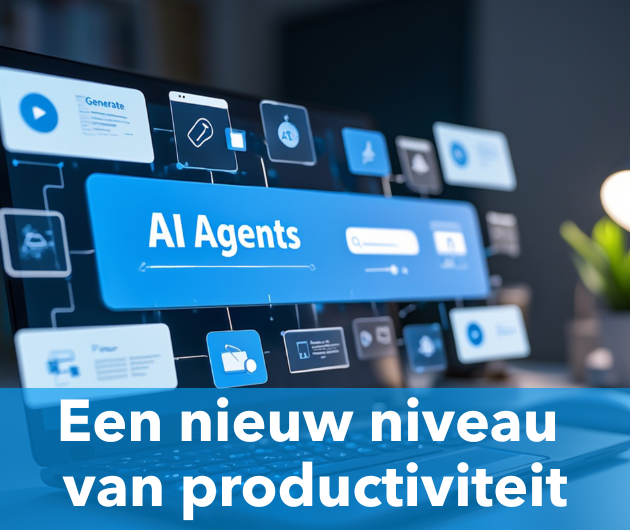Once upon a time there were software houses and hardware manufacturers. But it’s not so clear cut now. What constitutes hardware is a lot easier to classify than what is software. Basically the hardware industry splits into computer suppliers and component manufacturers, who range from integrated circuit companies such as Intel, through disc drives, to peripherals such as printers. Software can be roughly split into system software, e.g. operating systems, software tools, e.g. database management and development tools, and applications.
Then there are the system integrators and services companies, who exploit the available hardware and software to deliver solutions to end-customers. And this is where it gets complicated because every one seems convinced that there is more profit to be made from someone else’s business! IBM is the clear exception to this rule, since they are the survivor from the very early years when things were simpler – and of course they are the biggest. One reason that they are the biggest and that they have been able to survive some very difficult periods is that they are diversified. They do some of everything! Over the years they have been able to move emphasis from one unit to another to exploit market changes.
It is obvious then that the other big companies are somewhat envious of IBM’s position and are making efforts to emulate them. None however have achieved anything like the scale of IBM.
Intel is an interesting example. They dominate the integrated circuit market, particularly in the computer side of the industry, but IBM have a similar manufacturing capability, largely employed in production for there own products, but not unaware of the OEM market dominated by Intel and Motorola, particularly in the communication sector. In response Intel has been active in producing board level components, but they have also been dabbling with software, particularly in the areas of systems management and security. They even set up a Web hosting service to further diversify. The failure of this and the need to close the unit down is an indicator of the problem.
Microsoft is now clearly the biggest independent software house. They have dabbled with hardware in the past (the Microsoft mouse for instance), but have made a recent interesting move by attacking the computer games market, going into competition with Nintendo and Sony with the X-box, rather than a move into their traditional PC market. It would not be a surprise if they entered the communications industry when that settles down from the recent stock market chaos.
Oracle and Computer Associates are another pair of software houses struggling with their traditional market. CA has grown by acquisition, often of ailing companies. Their problem relates to a general move away by organisations from using a wide variety of products to the use of "suites", a radical change which will give CA a lot of problems. The future will require a lot of development rather than take-overs. Oracle dominated the RDBMS market with aggressive marketing and by winning support from application package vendors. However the steady growth of DB2 and SQLserver, which have already usurped Sybase, et al, is now seriously threatening Oracle, largely because the opposition vendors, IBM and Microsoft respectively, have bigger portfolios to play with. Oracle has of course expanded into development tools and business applications, but much more is needed.
That leads into the role of application package vendors such as SAP and PeopleSoft. The difficulties faced by Baan over the recent past show all too clearly how problematic it can be to be in a narrow market. It appears that it is very difficult for an application software developer to diversify into another market. The problem that this creates is that when a new opportunity occurs, as with the recent move to e-commerce, it is new start-ups that get into the driving seat. The only answer then is to take over the newer company, the timing of which is crucial and which in any case will be fraught with cultural problems. Even IBM has a poor track record with take-overs, most of them disappearing into the IBM mire and loosing their identity. It is all too easy to execute a take-over too soon (they are a flash in the pan) or too late (too expensive)! As usual Microsoft has the best track record with take-overs; most of their products were bought in and developed, even MS DOS!
Martin Healey, pioneer development Intel-based computers en c/s-architecture. Director of a number of IT specialist companies and an Emeritus Professor of the University of Wales.







